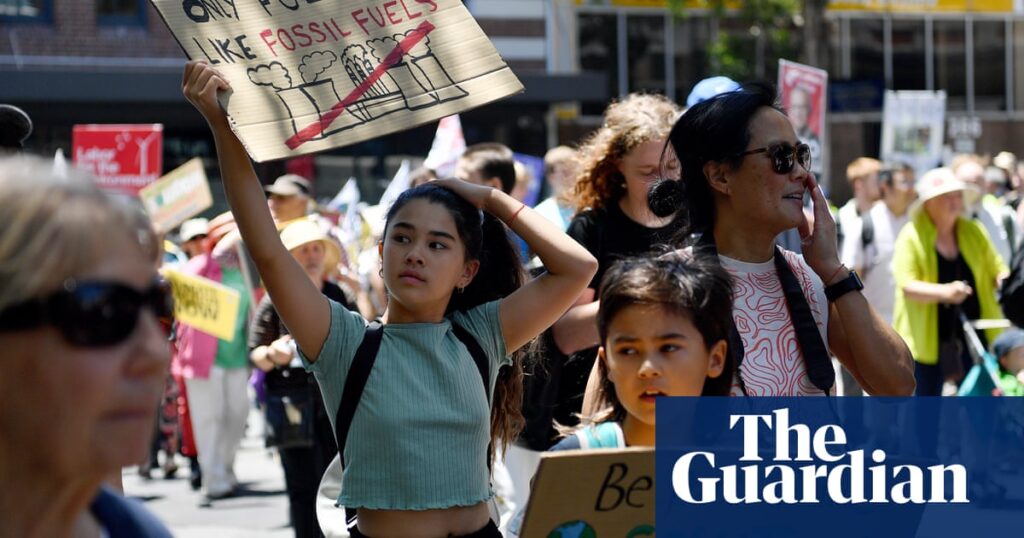Amid growing concerns about the planet’s future, educators are turning their attention to the next generation, equipping them with the tools to tackle climate change. “It’s going to get hot and everything’s going to be on fire and the oceans will rise,” warns Josh Dorian, a high school student currently enrolled in VCE environmental science. “How do you combat that? Well, you fix it, you stop it from happening, you take preventive measures,” he says, emphasizing the need for youth involvement in environmental issues.
In 2025, the OECD’s program for international student assessment (Pisa) will place science at the forefront of its evaluations, the first instance in nearly ten years. This assessment, which occurs triennially, will this time measure the capacity of 15-year-olds from 92 countries to address climate change, under the banner of “Agency in the Anthropocene.” The OECD’s director of education, Andreas Schleicher, describes the initiative as a “small revolution,” highlighting its focus on distinguishing scientific evidence from misinformation in the context of environmental challenges.
Fostering Agency in the Anthropocene
Agency in the Anthropocene seeks to evaluate students’ understanding of human interactions with Earth’s systems, their ability to assess diverse sources, and their respect for various viewpoints. Dr. Goran Lazendic, from the Australian Council for Educational Research, explains that the Pisa survey isn’t just about curriculum knowledge; it’s about preparing students for global participation.
Dr. Peta White of Deakin University, who played a pivotal role in designing the Agency in the Anthropocene, notes that climate change education must enable students to navigate the complexities of Earth’s systems and make informed decisions. “Not as a pinnacle up the top, but as a player in a whole range of other players in an ecosystem,” she adds, underscoring the importance of responsible action within the system.
At Mount Lilydale Mercy College, students engage with environmental challenges through practical projects. For instance, Josh’s class researched the impact of logging on the endangered leadbeater’s possum in Toolangi state forest, observing firsthand the scarcity of old-growth trees essential for the possum’s habitat.
Climate Education: A Global Necessity
Australia’s approach to climate change education has evolved, now incorporating more climate-related content in subjects like science and geography. Amelia Pearson from the Monash climate change communication research hub emphasizes the importance of widespread climate education, beyond just STEM fields. She insists on the need for a non-political space for students to form their own opinions about climate issues.
Professor Russell Tytler from Deakin University highlights Pisa’s role in influencing global education policies. As countries await Pisa 2025 results, the focus will be on young people’s understanding of climate change and their role in fostering solutions. White and other educators are advocating for a comprehensive Australian climate change education strategy, spanning all subjects and educational levels.
For students like Josh, the urgency is palpable: “This world is going to be ours in 20, 30 years,” he says, recognizing the importance of acknowledging both awareness and fear in addressing climate challenges. “Education is one of the first steps you can take towards fixing the issue,” he concludes.
Original Story at www.theguardian.com
